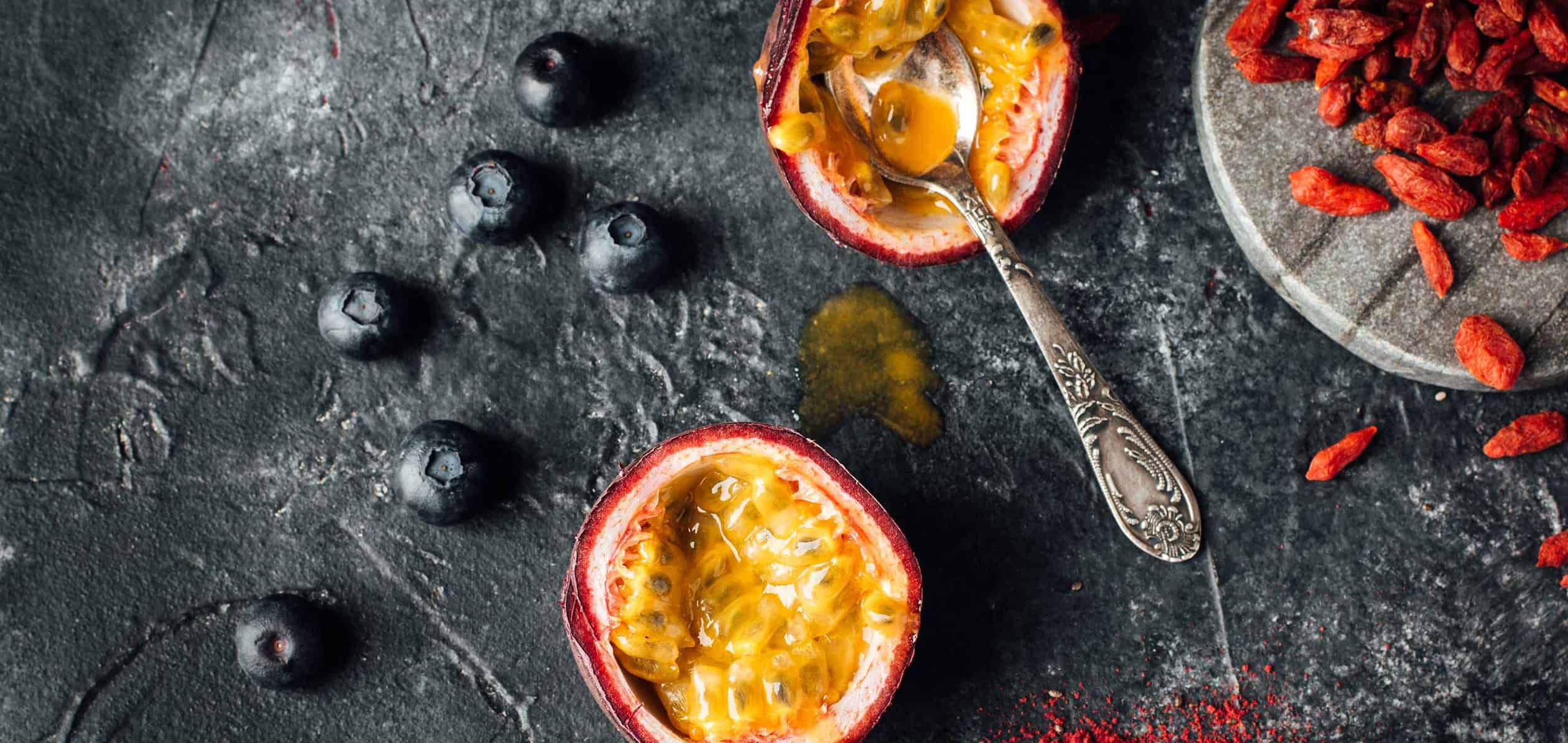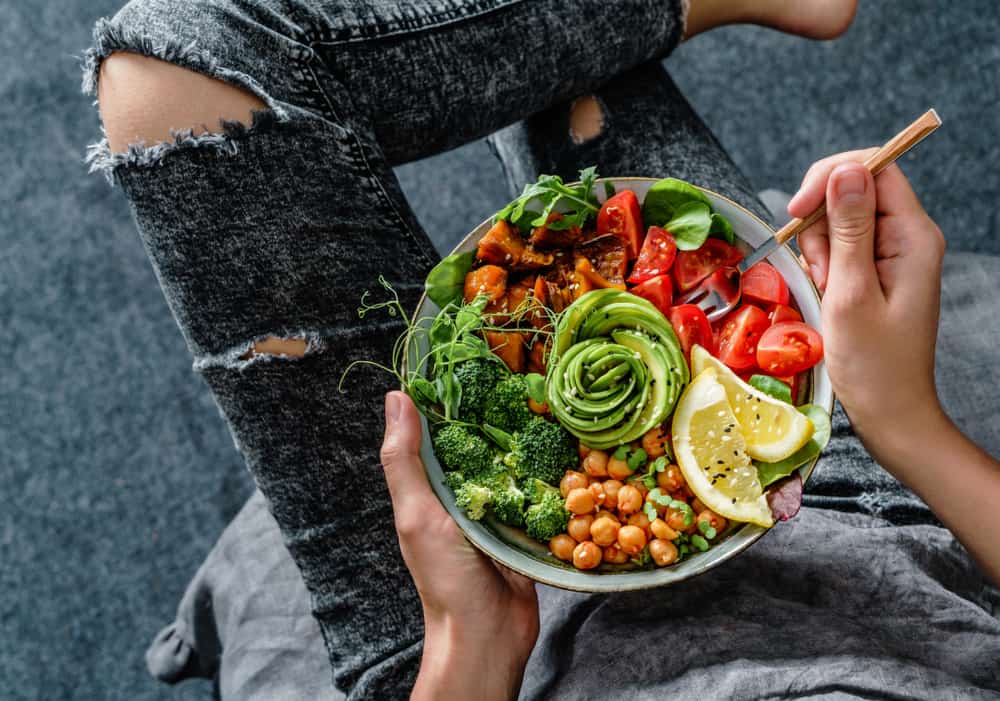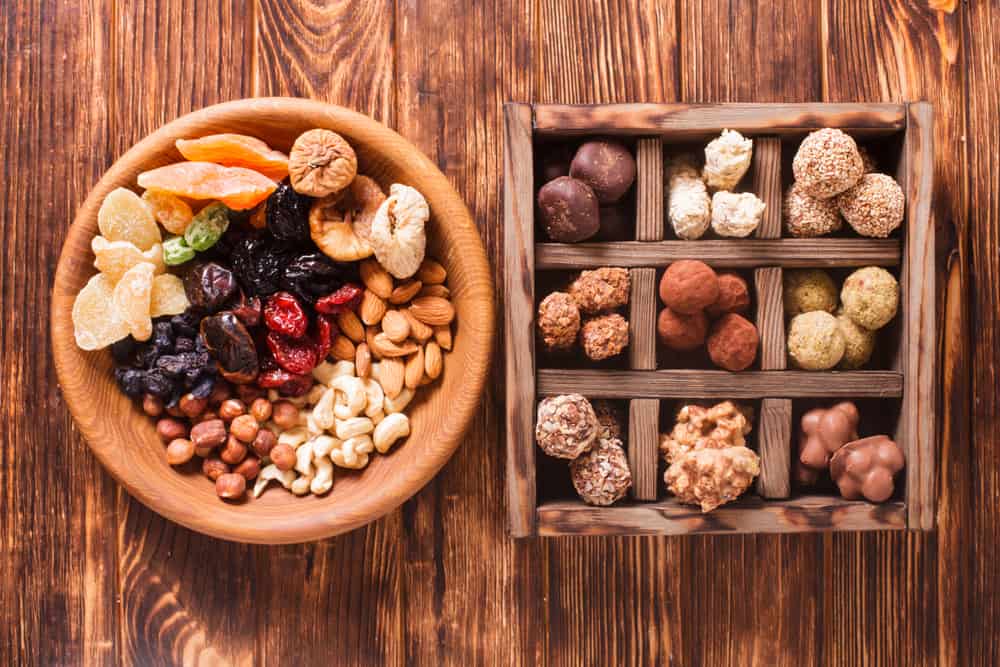Healthy and Vegan
8. August, 2019

Healthy eating
While people often view vegan or vegetarian diets as automatically healthy, that’s not so. Do not become junk food vegetarian. If you eat a vegan diet, but eat a lot of french fries, refined carbs like white bread, white rice, that’s not healthy. There are great benefits of vegan and vegetarian eating, such as eating plenty of fruits and vegetables and whole grains, to get some health benefits. Also eating more healthy plant foods, while not cutting out meat, still has benefits for health.
Vegans: Do not eat meat, poultry, fish, or any products derived from animals, including eggs, dairy products, and gelatin.
Lacto-ovo vegetarians: Do not eat meat, poultry, or fish, but do eat eggs and dairy products.
Lacto vegetarians: Eat no meat, poultry, fish, or eggs, but do consume dairy products.
Ovo vegetarians: Eat no meat, poultry, fish, or dairy products, but do eat eggs.
Partial vegetarians: Avoid meat but may eat fish or poultry.
Concerns about vegetarian diets have focused mainly on the following nutrients:
Protein.
Research shows that lacto-ovo vegetarians generally get the recommended daily amount of protein, which is easily obtained from dairy products and eggs. There are many plant sources that can help vegans meet their protein needs, including peas, beans, lentils, chickpeas, seeds, nuts, soy products, and whole grains. Vegetarians used to be told that they had to combine “complementary” plant proteins (rice with beans, for example) at every meal to get all the amino acids contained in meat protein. Now, health experts say that such rigid planning is unnecessary. Eating a wide variety of protein sources every day is sufficient.
Vitamin B12
Vitamin B12 is found only in animal products, but those products include dairy foods and eggs, so most vegetarians get all they need. If you avoid animal products altogether, you should eat foods fortified with vitamin B12 or take a vitamin B12 supplement to avoid a deficiency, which can cause neurological problems and pernicious anemia.
Iron
Studies show that in Western countries, vegetarians tend to get the same amount of iron as meat eaters. But the iron in meat is more readily absorbed than the kind found in plant foods, known as non-heme iron. The absorption of non-heme iron is enhanced by vitamin C and other acids found in fruits and vegetables, but it may be inhibited by the phytic acid in whole grains, beans, lentils, seeds, and nuts. Good plant sources of iron include lentils, chickpeas, beans, tofu, cashew nuts, chia seeds, ground linseed, hemp seeds, pumpkin seeds, kale, dried apricots and figs, raisins, quinoa and fortified breakfast cereal.
Zinc
Phytic acid in whole grains, seeds, beans, and legumes also reduces zinc absorption, but vegetarians in Western countries do not appear to be zinc-deficient. Sources of zinc include beans, chickpeas, lentils, tofu, walnuts, cashew nuts, chia seeds, ground linseed, hemp seeds, pumpkin seeds, wholemeal bread and quinoa. Ensure that your daily diet contains plenty of zinc-rich foods.
Omega-3 fatty acids
EPA and DHA are omega-3 fatty acids. Diets that include no fish or eggs are low in EPA and DHA. ALA is plant-based essential omega-3 fatty acids that must be obtained through the diet. Our bodies can convert ALA in plant foods to EPA and DHA, but not very efficiently. Vegans can get omeg-3 fatty acids from Be More chia seeds, Be More hemp seeds and protein powders. There are omega-3 fatty acids also in Brussel sprouts, algal oil, walnuts and flaxseeds.
28 grams of Be More chia seeds provides 4,915 mg of ALA omega-3 fatty acids, meeting 307–447% of the recommended daily intake.
28 grams of Be More hemp seeds contains 6,000 mg of ALA omega-3 fatty acids, or 375–545% of the daily recommended intake.
Depending on the supplement, algal oil provides 400–500 mg of DHA and EPA, fulfilling 44–167% of the daily recommended intake.
Written by nutritionist Riin Reimer
References:
https://www.health.harvard.edu/staying-healthy/becoming-a-vegetarian
https://www.webmd.com/diet/obesity/news/20180118/are-there-health-downsides-to-vegetarian-diets
https://www.healthline.com/nutrition/7-plant-sources-of-omega-3s#section8
https://www.ncbi.nlm.nih.gov/pmc/articles/PMC4350958/
https://www.vegansociety.com/resources/nutrition-and-health/nutrients/iron
https://www.vegansociety.com/resources/nutrition-and-health/nutrients/zinc


